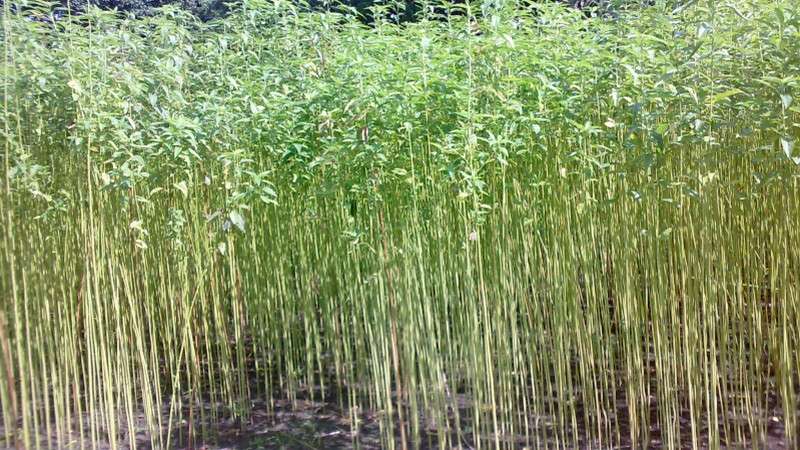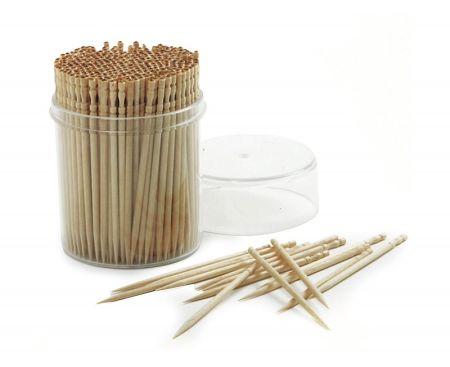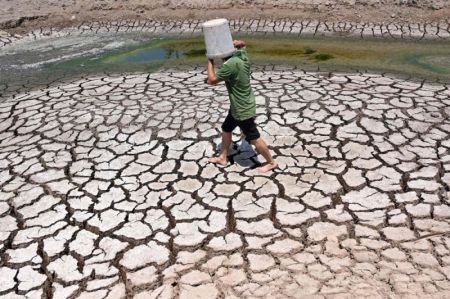November 9: Jute farming has been shrinking because the government has not paid proper attention to promote jute farming in the country.
As a result of decline in jute farming, the import of jute has been increasing.
The government is planning to promote 15 varieties of crop under the Prime Minister’s Agriculture Modernization Project. Farmers will be provided grants on fertilizers, seeds, equipment and technology with the objective of increasing production. However, jute farming which is basically done in Jhapa, Morang and Sunsari does not fall under the 15 different crop.
The provincial government had allocated budget for two years to operate blocks for jute farming but that has been removed from the annual budget this year.
Nepal’s dependency on imported jute is growing because both the provincial and the federal governments have not prioritized jute farming, which was once a major cash crop of Nepal.
Two decades ago, jute farming was done on 56,000 hectares of land but that has now shrunk to just 11,000 hectares at present.
Earlier, Nepal used to produce 80,000 metric tons of jute within the country while now the production has declined to 20,000 metric tons.
Five jute industries along the Sunsari-Morang Industrial Corridor have been importing raw jute from India following the decline in production within Nepal.
Nepal Jute, Biratnagar Jute Mill, CM Jute, Guheshwari Turbine, Pathibhara Jute and Nikki Jute Mill are among the six jute industries that have shut down in recent days.
Other jute mills like Ahiranta, Raghupati, Baba, Swastik and Chandra Shiva Jute Mill are still operational. The jute industries give direct employment to 15,000 people.
The six jute mills were forced to shut down within a decade because they had to import raw jute from India and Bangladesh and sell the refined products to the same countries at a competitive price.
Of late, the ailing jute industry has been badly affected by the impact of coronavirus.
Chairman of Nepal Jute Mills Association Raj Kumar Golchha says that the production of unrefined jute in Nepal has been declining because the government has not brought any programmes to promote jute farming. This has also led to Nepal’s dependency on India for jute, he added.
As a result, Nepali jute industries are on the verge of collapse.






















